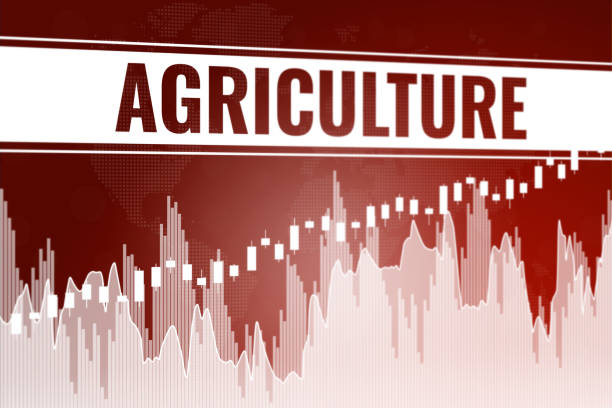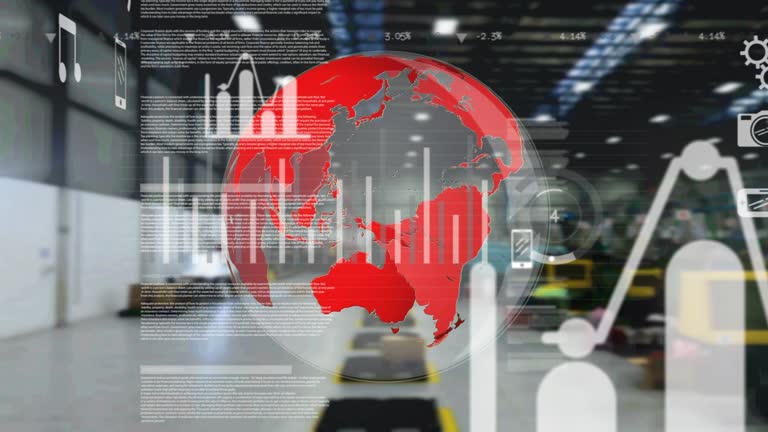Introduction
In today’s era, Economic Policy have a significant impact on every sector. With every new policy update, industries and businesses face new challenges and opportunities. In this article, we will discuss how changes in economic policies are impacting different sectors and their effects.
1. Agriculture Sector Economic Policy

Economic policy changes are quite important for the agriculture sector. Factors like subsidies and import-export regulations directly affect farmers and agricultural productivity. When the government reduces subsidies or tightens import regulations, farmers face more challenges. For example, if fertilizer subsidies are reduced, production costs increase, which affects overall output and farmer income.
2. Manufacturing Sector
Economic policy changes also have a significant impact on the manufacturing sector. Factors such as trade tariffs and taxes affect production costs and international competitiveness. If the government imposes high tariffs, the costs of raw materials increase, which in turn raises production costs. This can decrease company profitability and lead to higher prices, ultimately affecting consumers.
3. Service Sector
The service sector, which is a major part of the economy, is directly impacted by economic policy changes. Taxation policies and labor laws affect service providers’ operating costs and the overall business environment. If taxes increase or labor laws become stricter, service providers face higher compliance costs and operational challenges.
4. Retail Sector
The retail sector is also heavily influenced by economic policy changes. For instance, changes in VAT rates and import duties directly affect retail prices. If VAT rates increase, the prices of goods and services rise, impacting consumer spending and sales volumes. Retailers need to adjust their pricing strategies, which can affect their profitability.
5. Technology Sector

Innovation and growth in the technology sector are closely linked to economic policy changes. Policies that support R&D tax credits and intellectual property protection provide technology companies with more investment and growth opportunities. If the government incentivizes R&D, tech companies can develop new innovations and products, benefiting the overall industry.
6. Financial Sector
The financial sector is directly influenced by economic policies. Interest rates and regulatory changes affect the operations of banking and financial institutions. When central banks adjust interest rates, the costs of loans and credit change, impacting borrowing and investment decisions. Financial regulations also affect banks’ risk management and compliance practices.
7. Real Estate Sector
The real estate sector is directly impacted by economic policy changes, especially housing policies and property taxes. When the government increases housing subsidies or adjusts property taxes, it changes the dynamics of demand and supply in the real estate market. For example, if property taxes increase, the cost of property investments also rises, affecting the housing market.
8. Healthcare Sector
The healthcare sector is also significantly affected by economic policy changes. Policies that impact healthcare funding and insurance coverage have a direct effect on the availability and quality of healthcare services. If the government reduces healthcare funding or limits insurance coverage, patients face challenges in accessing and receiving quality healthcare.
9. Education Sector
Economic policies affect both educational institutions and students. Education funding and student loan policies impact access to and the quality of education. If the government cuts education funding or restricts student loan policies, educational institutions face financial challenges, and students experience difficulties in affording education.
10. Energy Sector

The energy sector is also significantly impacted by economic policy changes, particularly through energy prices and environmental regulations. When the government changes energy subsidies or tightens environmental regulations, energy production and consumption costs change. For example, if renewable energy incentives increase, the adoption of clean energy technologies rises, affecting the overall energy sector.
Conclusion
Economic policy changes impact each sector in different ways, affecting both businesses and consumers. Every sector must cope with these changes and adjust their strategies to handle these challenges effectively. Understanding this is crucial for navigating economic shifts successfully.
